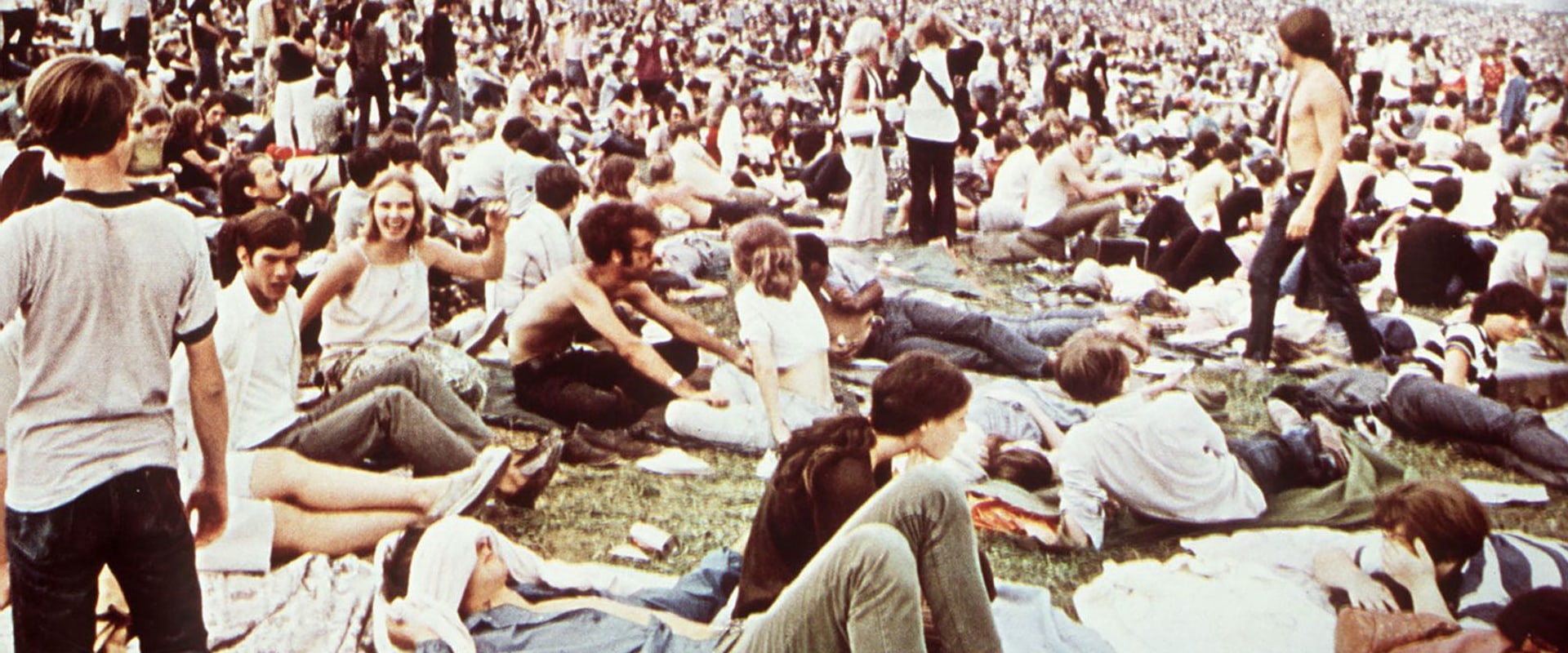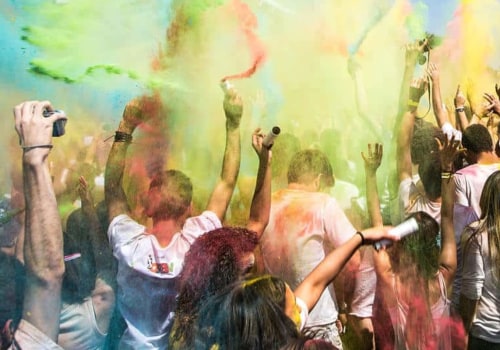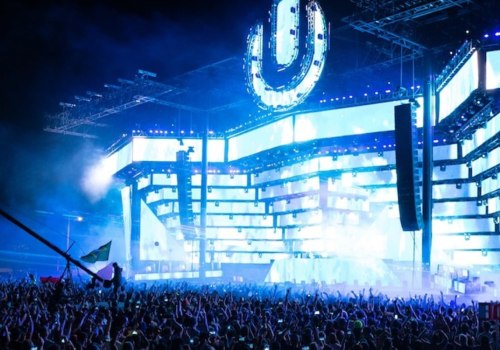THE BRIEF HISTORY OF MUSIC FESTIVALS Before becoming the main product so adored today (learn more about the 32 million people who attend festivals in the United States alone), the origins of festivals date back to the 6th century BC, with meetings from ancient Greece, music and competitions. In the late 1960s, rock bands and promoters began organizing their own music festivals. Perhaps the first formal and well-known festival dedicated to rock was the Monterey Pop Festival in 1967, which included the participation of The Who and drew the attention of the American public to that band. Another early festival was the Isle of Wight festival in 1968, which began as an event with about 10,000 people and included Jefferson Airplane, Pretty Things and Arthur Brown among its artists.
A series of religious services associated with a particular holiday soon established the idea of a music festival in the church. Interestingly, Summerfest made cities realize that music and other festivals can generate significant revenues, especially for struggling municipal budgets. It could be said that the first known music festival took place during the Pythian Games that took place in the 6th century BC. C.
The origins of music festivals date back to ancient Greece, where these events used to include music, art and sports competitions. With the growth of dance music festivals in the United States, production companies also saw the number of attendees grow. The Summerfest festival was established in 1968, but focused not only on music but also on other events and spread throughout the city of Milwaukee. On the other hand, it could be argued that, as festivals have gained popularity in the mainstream media, they have moved away from their initial ideals and are now focusing more on celebrating ticket sales, creating elaborate plays and luxury services, rather than using their platforms for political activism and expression through music, as was the case a few years ago.
Since listening to music has practically become free (or by subscription), access is unprecedented and makes live music much more special, according to Chirinos. The International Society for Contemporary Music promotes modern works of a novel nature; founded in 1922, it has held summer festivals in several countries in Europe and the United States. Many different musical genres now have their own festivals and some of the biggest in the world, such as Glastonbury or Summerfest in Milwaukee, are attended by hundreds of thousands of people. While music festivals seem to be a relatively recent development, at least since the rise of rock and more liberal lifestyles starting in the 1960s, their history goes back much further.
To bring everyone together, since festivals still revolve around music, which can easily unite us all. This helped to spread the idea of creating not only musical festivals sponsored by cities, but also other types of festivals, such as those dedicated to food and cinema. For artists, performing at music festivals is an easier way to earn money than relying on record sales or long tours, says Rishi Bahl, a musician and marketing professor at La Roche College in Pittsburgh, Pennsylvania. In the High Middle Ages, between 1000 and 1250, music festivals and fairs became more common in cities across Europe.




